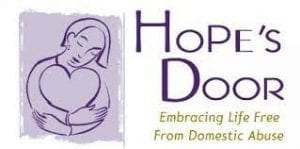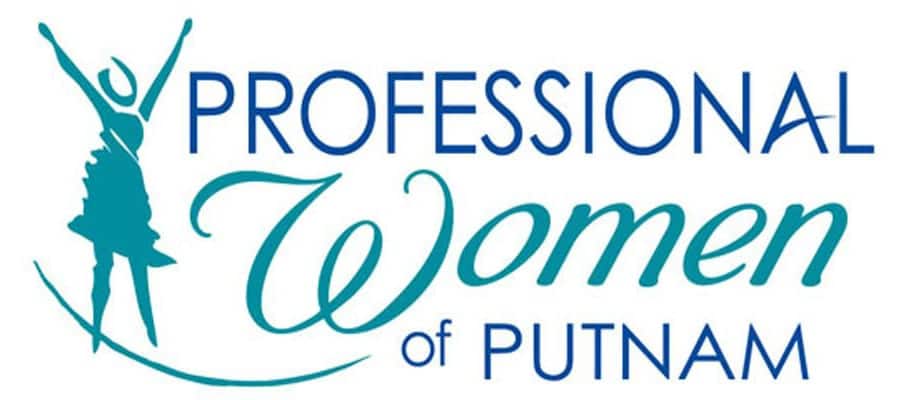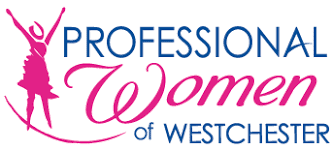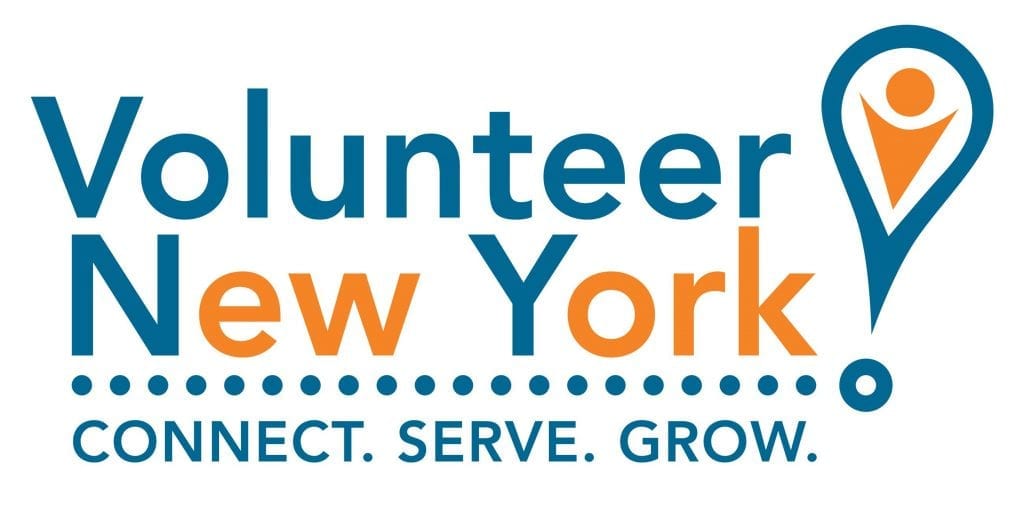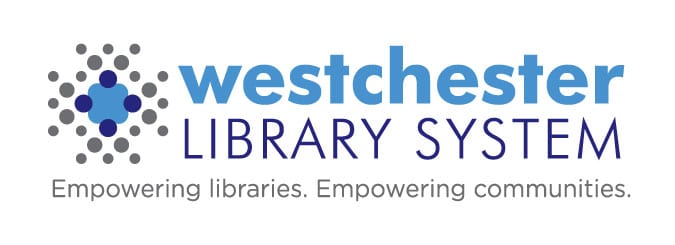DAY 10: Health
Today, we will go deeper into how overall health is dramatically impacted by racism and discrimination. As explained in this report by Common Ground Health, social determinants of health—the conditions in which people are born, live work, and age—account for 80% of a person’s health and wellness (while just 20% is attributed to clinical or medical care).
Some examples of social determinants of health include economic factors like job status, income, and medical bills; living conditions including housing, access to transportation, safety, and access to parks and playgrounds; educational opportunities like early childhood support, literacy, and access to training; access to healthy food; social support and levels of stress; and quality of health care.
Throughout this Challenge we have explored (and will continue to examine) ways in which racism and discrimination affect social, economic, and environmental factors. With social determinants of health being directly impacted by racism at every turn, health status is challenged and life expectancy is drastically lower for communities of color than for their white counterparts. Achieving health equity goes hand-in-hand with addressing racism and discrimination.
According to the Westchester County Department of Health:
i. While there are a number of health issues that adversely impact people of color, HIV is one that is striking Blacks in Westchester County far out of proportion to their representation in the population. Although Blacks make up only 14.2 percent of Westchester County’s total population, Blacks account for 51 percent of Westchester residents living with AIDS.
ii. In the United States, if you’re a Black male with cancer, you’re two-thirds more likely to die than a white male with the same cancer.
iii. Black men are 50 percent more likely to develop, and twice as likely to die from prostate cancer than men of any other racial or ethnic group. Black American men are more likely to get prostate cancer than any other group of men in the world.
iv. Black women in the United States are 12 percent less likely to develop breast cancer than white women but their likelihood of surviving is 16 percent lower.
v. Forty percent of Black Americans rate their health as fair or poor compared to only 26 percent of whites.
- vi. A third of Black seniors live in poverty, the highest rate of all races, and compared to 10 percent of white seniors.
- vii. Blacks are twice as likely as whites to have diabetes.
viii. Blacks are 50 percent more likely not to have had a flu shot compared
to whites.
ix. A Black baby is nearly 2.5 times more likely to die before the first
birthday than a white baby, and two times more likely to die of SIDS (sudden
infant death syndrome) than other babies.
These articles were curated by a local committee to be used as a list of resources pertinent to DEI topics. The 21-Day Racial Equity Challenge Committee would like to thank and give attribution to those who created the content above, which reflects their individual perspectives. We do not support nor endorse any advertisements associated with the above content.
REFLECT...
Use these following prompts to reflect on the information you consumed today:
Think about access to healthcare in your community. Is it easy and affordable to visit a doctor?
If not, what barriers prevent people in your community from receiving the healthcare that they need?
Have you ever struggled to get the health care you needed?
What would it be like for you to need healthcare, but not receive it?
TAKE ACTION...
Your action item of the day is to…
Review the NYS Health Equity Report
PROGRESS
YOU HAVE COMPLETED 10 OUT OF 21 DAYS OF THE CHALLENGE!
This 21 Day Racial Equity Challenge is Presented By....
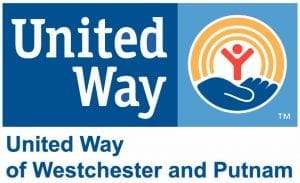
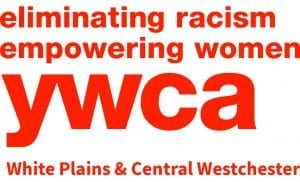
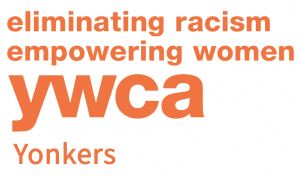
Thank You to Our Community Partners...


